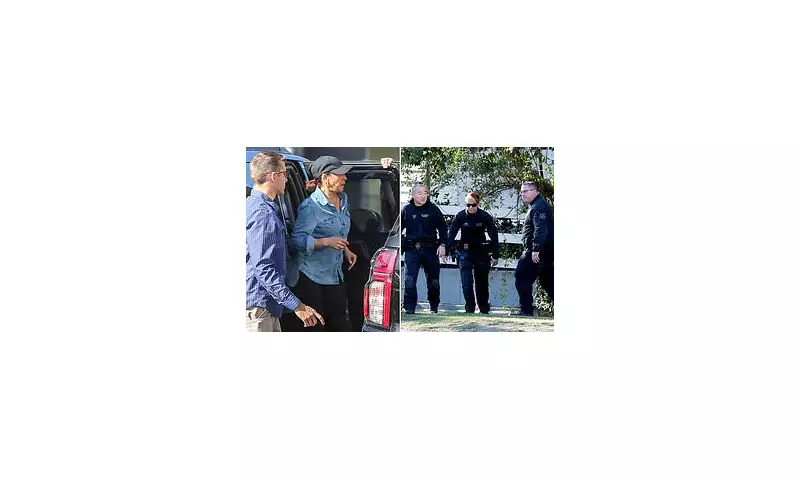
The Los Angeles Police Department has made a swift and dramatic U-turn, cancelling a controversial 24/7 security detail assigned to Vice President Kamala Harris's immediate family members. The decision comes after a significant outcry from conservative commentators and groups who questioned the propriety of the arrangement.
The elite protection was being provided to the Vice President's sister, Maya Harris, a renowned public policy expert, and her niece, Meena Harris, a successful entrepreneur and author. The unit, which was not part of the official US Secret Service protection afforded to the Vice President's own family, had been in operation for several months.
Private Funding Amid Public Scrutiny
LAPD officials were quick to clarify a critical point of contention: the dedicated security team was not financed by public funds or taxpayer dollars. Instead, the costs were covered through a private contract, a common practice for individuals seeking additional security beyond what the state provides.
Despite this, the visual of a municipal police force dedicating officers to a politically connected family proved to be a public relations challenge. Critics argued that it represented a misallocation of police resources, especially at a time when the LAPD faces scrutiny over response times and staffing levels in a city grappling with crime.
A Political Firestorm Erupts
The arrangement ignited a firestorm on social media and conservative news outlets. Prominent figures labelled it a case of 'special treatment' and 'elitism,' forcing the issue into the national spotlight. The pressure culminated in the department's decision to abruptly end the service.
The LAPD released a brief statement confirming the termination of the detail but declined to comment further on what it termed a 'private matter.' The move appears to be a direct response to the escalating political pressure and the potential for the story to dominate news cycles.
The Delicate Balance of Security and Perception
This incident highlights the complex and often blurred lines between private security and public office. While families of high-profile officials can face genuine threats, the optics of using a public police force for a private contract are fraught with difficulty.
The rapid reversal by the LAPD demonstrates how intensely police departments must now navigate political perceptions, often making operational decisions based on public reaction as much as on security assessments.





